
Concussions as well as other more serious head injuries may cause severe and permanent consequences, hence they need to be timely diagnosed and treated properly. Some head injuries can be partially prevented if a person wears protective equipment such as a helmet but in case of severe force even the helmet cannot protect the inside of the skull. The first thing is to estimate the extent of the injury and what follows is hospitalization and monitoring while some patients require additional tests and exams such as a CT scan of the head.
Concussions
A concussion can be defined as a head injury that most commonly leads to intensive headache, changes in level of alertness and in some cases unconsciousness. In such injury brain's functions are temporarily affected and, fortunately, changes in memory, judgment, reflexes, speech, balance and coordination last only for a short period of time. A concussion results from hitting the head with an object, a fall, sports activities and it can also occur during car accidents. All the effects of concussion develop as a consequence of significant movement (jarring) of the brain inside the skull.
The person who has suffered a concussion is usually confused and generally does not remember what has happened. Even this type of injury may cause severe and long-term damage to the brain such as headaches, paralysis, seizures and problems with speech. Only a doctor can determine the extent of neurological damage and recommend the most convenient treatment.
Minor Head Injuries
All people who have had minor head injury such as concussion require close monitoring within the first 24 hours after the injury. It is essential not to give a person pain killers immediately since some of them may cause bleeding in the brain. The casualty must be repeatedly asked simple questions such as his/her name, location etc. and if he/she is still confused, cannot give proper answers or there is difficulty to keep him/her awake it is essential for him/her to be driven immediately to an emergency room. All patients whose symptoms and signs last longer than 24 hours are supposed to receive immediate medical attention.
What Are Symptoms and Signs of Head Injuries?
Most common symptoms of head injuries include headache, disorientation, in some cases blurry vision and sometimes nausea. Some patients feel dizzy, lose balance, hearing or other senses. They may repeat the same phrases over and over again.
Immediate medical attention is required if a person stays unconscious, there is memory loss or confusion that lasts for more than 15 minutes, he/she develops seizures, personality changes and starts acting aggressively or violently. Irritability, drowsiness and unequal size of pupils are several more signs of severe head injury. And finally, severe headache, bruising around the eyes or behind the ears as well as leakage of clear fluid/blood from ears, nose or mouth point to severe injury that must be taken care of immediately.






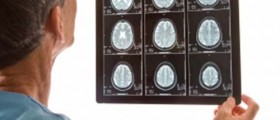

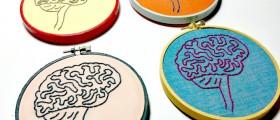
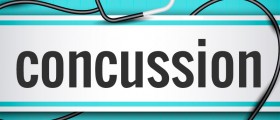
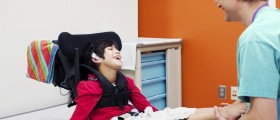




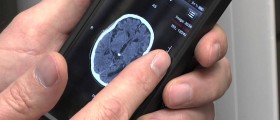

Your thoughts on this
Loading...